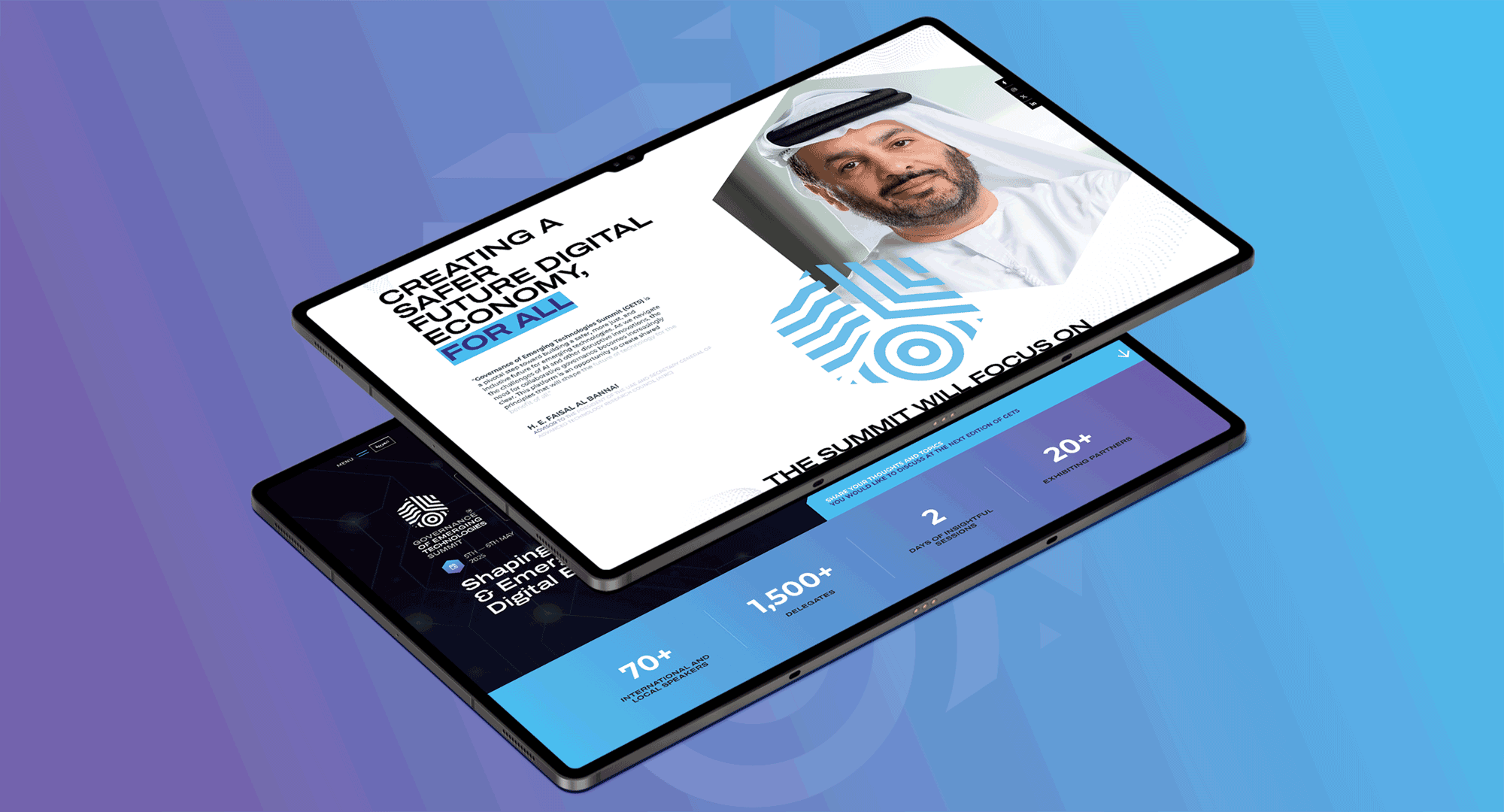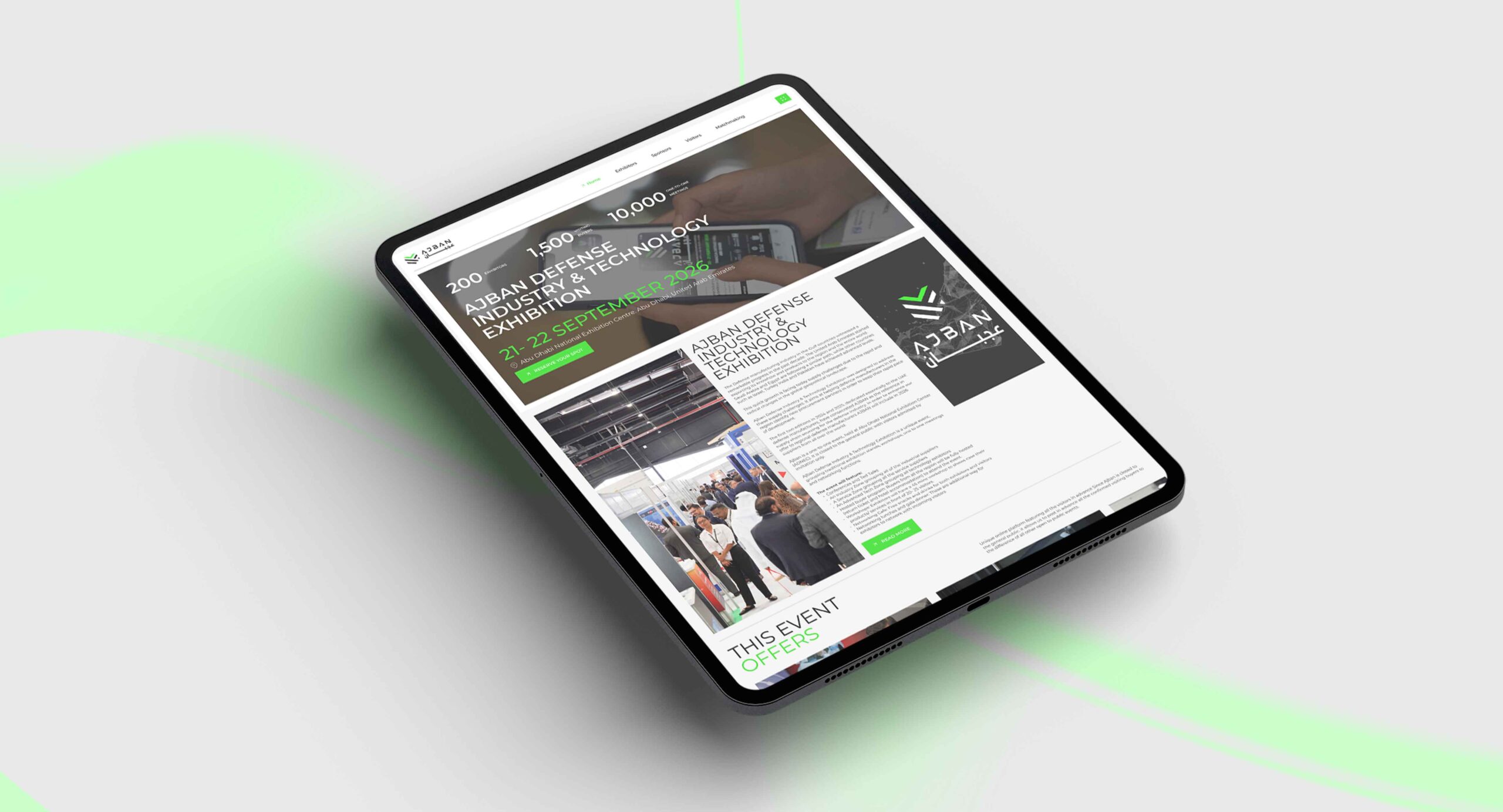In a growing digital landscape, while content may be king, keywords are still his compass. For businesses looking to find their way to Arabic-speaking visitors, Arabic keyword research is an essential and difficult process. Unlike English SEO, Arabic keywords have their own challenges, since Arabic is a complex language with cultural and regional differences. This blog explores some of the difficulties marketers encounter when conducting Arabic keyword research, and outlines useful tools and tactics, including using the SEMrush keyword tool, that will give you high search volume Arabic keywords to enhance your SEO efforts.

Understanding the Complexity of Arabic Keyword Research
In contrast to English, Arabic is a right-to-left (RTL) language that has a very inflectional structure, meaning words will have differing meanings based on diacritical marks, the regional use and usages based on sentence positions. Because of this, simple keyword matching is far more difficult. An English product keyword may be translated into several valid Arabic terms, and then used differently in Egypt, the UAE, or Saudi Arabia.
Additionally, there are over 30 Arabic dialects, so search terms may all be searched differently using totally different keywords in each region. The linguistic differences mean companies cannot simply translate English keywords; they need a dedicated Arabic content strategy.
Why Arabic Keyword Research Requires a Tailored Approach
Standard keyword research techniques do not work well when applied to Arabic. Here are a few fundamental reasons why:
- Dialects and Localisation: businesses must be aware of local search intent, as terms in Gulf Arabic can be completely different in Levantine or North African Arabic.
- Script and spelling differences: Arabic script does not always capture short vowels, meaning there are different variants of terms that will affect the search results.
- User search behaviour: Arabic speakers sometimes mix Arabic and English in their queries, which poses challenges to SEO for Arabic sites.
Taking a contextual approach ensures that your keyword research process identifies cultural conventions and produces useful results.
Tools That Simplify Arabic Keyword Research
Conducting Arabic keyword research by hand can be time-consuming. Fortunately, keyword research tools are more sophisticated today and can take on the complexity of multilingual SEO. The following are some tools to help you in Arabic keyword research:
1. SEMrush Keyword Tool
The SEMrush keyword tool is one of the best tools for finding and identifying Arabic keywords with high search volume. It provides important information concerning regional search trends, variations of keywords, and competition metrics. Marketers can filter their results by country, allowing them to personalize their keyword lists for a specific Arabic-speaking market.
2. Google Keyword Planner
Although the Google Keyword Planner is not specific to Arabic, it is valuable when beginning your research. It controls for search volume by geographic information, so it can assist marketers in finding opportunities for Arabic markets.
3. Local Arabic SEO Tools
New Arabic SEO tools are coming to the fore, providing their own insights into the dialect. Integrating these tools into your marketing strategy gives a well-rounded approach.
Structuring Your Arabic Content for Maximum Impact
Keyword research is only part of the battle. How you format and optimise your content is just as important for your strategy to be effective.
Prioritise Right-to-Left (RTL) Language SEO
Right-to-left RTL language SEO means you need to optimise everything from website navigation, through to any metadata, and headings. Even if your keyword targeting is correct, poor formatting can impact the user experience.
Be Contextually Relevant with Your Arabic Content Strategy
Content that you create for an Arabic-speaking audience must be culturally relevant. Explore your Arabic keyword research and create articulately engaging headlines, meta descriptions and long-form content whilst maintaining the natural flow of the Arabic script.
Manage Internal Linking Structures and Technical SEO
Whether you are managing a properly configured multilingual CMS or using Arabic Sitecore SEO, having a proper internal linking structure is critical to help search engines crawl and index your content properly.
Best Practices for Arabic Keyword Research Success
To maximize your Arabic SEO efforts, here are some best practices:
- Avoid Translation: Don’t rely on translations – you need to work with a native speaker for accuracy.
- Research Competition: Understanding your competitors will help you know what terms are trending and where they have content gaps.
- Search Intent: Keyword intent is essential to creating content that hits the mark.
- Metadata and Schema: It is important to leverage keyword research tools to find terms for your product descriptions, service pages and structured data.
Why High Search Volume Arabic Keywords Matter
Optimizing for high search volume Arabic keywords that are popular assures visibility, but you should always weigh visibility against relevance. It is possible for a keyword to drive high visibility but not necessarily conversions. Best practices recommend pairing high-volume search terms with longer-tail terms to help create a strong foundation for organic growth.
When combining these data points with the AI for Agencies SEO tool, marketers can leverage these data points to refine campaigns to ensure marketing tactics are conversion-oriented rather than click-oriented.
Challenges in Scaling Arabic SEO
Scaling SEO for Arabic websites has its own challenges like:
- Managing consistency in content across multiple dialects and regions.
- There is limited data available for some Arabic-speaking countries.
- There are technical limitations for RTL language SEO in many CMS platforms.
But with the implementation of automation platforms and AI content tools, agencies and brands can both execute ways to overcome these roadblocks, allowing them to maintain relevance in the competitive landscape in 2025 and beyond.
The Role of Agencies in Arabic Keyword Research
Collaborating with a specialist search engine optimization agency in dubai can help brands deal with these complexities. With their experience in Arabic markets, an agency that understands the cultural nuances within a local market can create a custom Arabic marketing content strategy that aligns with the business goals.
An SEO agency also works with Arabic Sitecore SEO requirements and engages with multilingual CMS SEO solutions that can assist with separate optimization needs by region and platforms.
The Future of Arabic SEO and Content Marketing
Businesses are eager to access Middle Eastern markets, which begs the question- where will Arabic content marketing grow? With advancements in AI shifting the way keyword research tools uncover opportunities, and AI-generated, undetectable content allowing marketers to expand their campaigns and utilise their native language, Arabic content marketing is positioned for growth.
It’s important to embrace AI-generated content benefits to increase brand productivity and to personalize messaging for different segments.
As more brands begin to understand the opportunity presented by the Arab world’s digital ecosystem, a solid keyword strategy could be the most important differentiator!
Final Thoughts
Arabic keyword research isn’t simply about identifying words; it is about knowing the context, search intent, and regional differences. Businesses that focus on this nuance can have a competitive advantage in one of the fastest-growing digital markets on the planet.
Whether you are using the SEMrush keyword tool, targeting relevant Arabic keywords that have search volume, or developing a custom Arabic content strategy, using a combination of expertise, technology, and creativity will help to find the best outcome.
Using an experienced content marketing or SEO agency in Dubai can help make this process easier, and help brands deliver engaging content that resonates with Arabic-speaking audiences and generates results.
Related Post
Publications, Insights & News from GTECH








